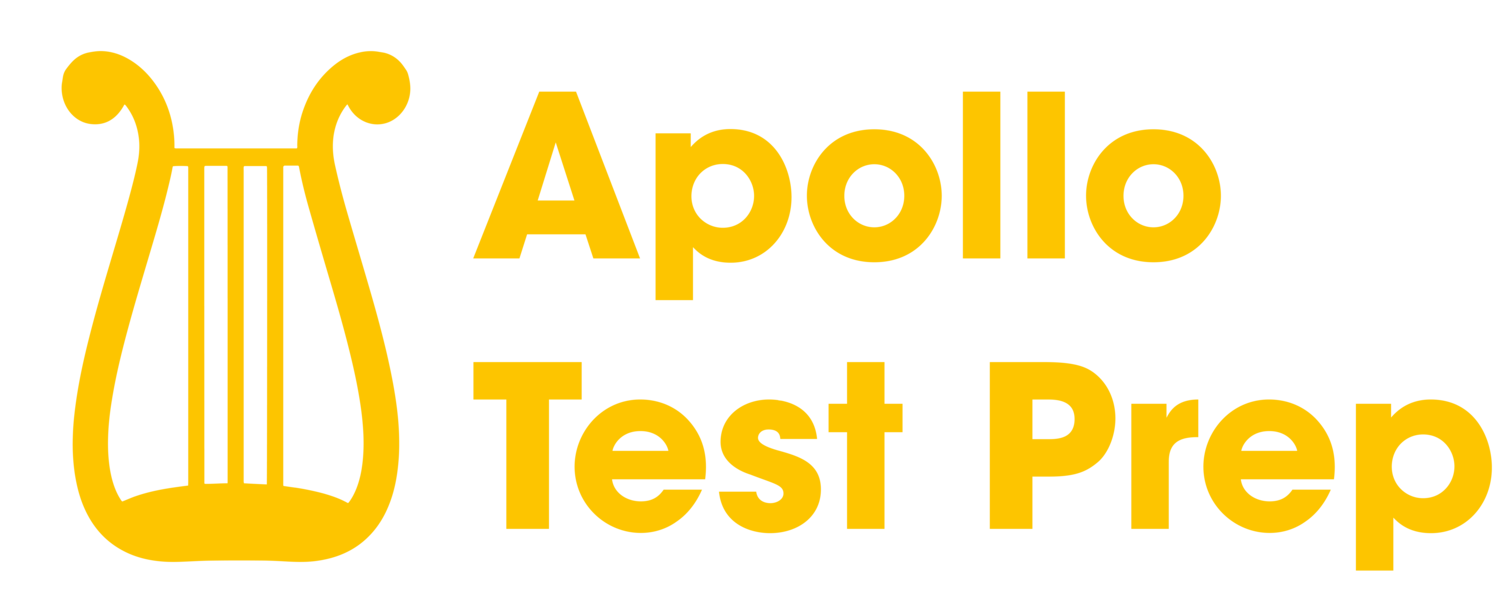LSAT Explanation PT 45, S4, Q10: The enthusiastic acceptance of ascetic lifestyles
LSAT Question Stem
The reasoning in the argument is most vulnerable to criticism on the grounds that the argument
Logical Reasoning Question Type
This is a Flaw question.
Correct Answer
The correct answer to this question is B.
LSAT Question Complete Explanation
First, let's analyze the argument in the passage. The conclusion of the argument is that medieval societies were much less concerned with monetary gain than contemporary Western cultures. The premise supporting this conclusion is that the surviving writings of monastic authors show an enthusiastic acceptance of ascetic lifestyles. In other words, the argument is using the writings of a specific group (monks) to make a generalization about the attitudes of an entire society. This is the main structure of the argument.
Now, let's come up with an "Evaluate" question for this argument: "Do the writings of monastic authors accurately represent the views and attitudes of the entire medieval society?"
The question type for this problem is a Flaw question, which means we need to identify the flaw in the reasoning of the argument. Let's go through each answer choice:
a) The argument employs the imprecise term "ascetic."
- This answer choice is incorrect because "ascetic" is not an imprecise term. It has a clear definition and its use in the argument is not problematic.
b) The argument generalizes from a sample that is likely to be unrepresentative.
- This answer choice is correct. The argument is basing its conclusion on the writings of monastic authors, who may not represent the views and attitudes of the entire medieval society. This is a flaw in the reasoning of the argument.
c) The argument applies contemporary standards inappropriately to medieval societies.
- This answer choice is incorrect because the argument does not apply contemporary standards to medieval societies. It simply compares the attitudes towards monetary gain between the two societies.
d) The argument inserts personal opinions into what purports to be a factual debate.
- This answer choice is incorrect because there is no mention of personal opinions in the argument. The argument is based on the surviving writings of monastic authors.
e) The argument advances premises that are inconsistent.
- This answer choice is incorrect because the premise and conclusion are not inconsistent. The premise is about the writings of monastic authors, and the conclusion is about the attitudes of medieval societies compared to contemporary Western cultures.
In conclusion, the correct answer choice is (b), as the argument generalizes from a sample that is likely to be unrepresentative. The writings of monastic authors may not accurately represent the views and attitudes of the entire medieval society, making the argument flawed.
